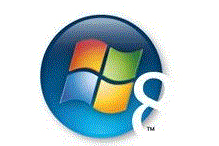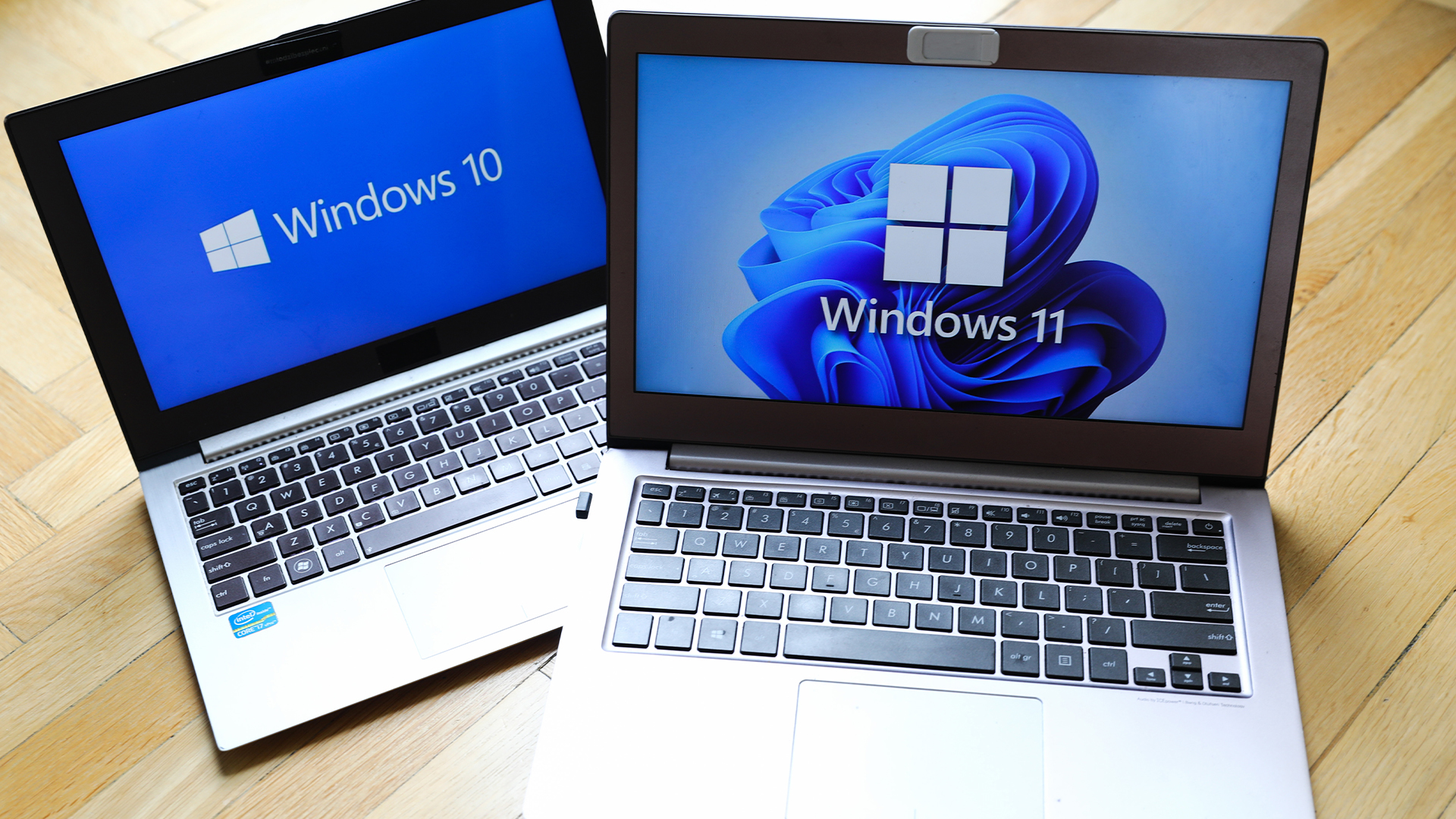The problems facing Windows 8
What does Windows 8 need to do to turn around the decline of Microsoft’s operating system? Simon Brew has been taking a look…

Re-energised after the relative success it enjoyed both with Windows 7 and the way it went about promoting the product, Microsoft has taken a bold approach with the next iteration of its market-leading operating system.
From the developer preview that it freely released, it's immediately clear it's willing to take a gamble with the shape of Windows 8.
The preview highlighted just how aggressively Microsoft is targeting the tablet market, with the new Metro interface integrated into the operating system. Granted, it's not new to users of Windows Phone 7, but given the comparably limited market share that OS enjoys, many will be meeting the Metro interface for the first time.
It's clear that Windows 8 has some sizeable challenges ahead of it.
At heart, Windows 8 is a strong piece of work. Comfortably one of the most customisable and friendly tablet interfaces, Metro allows you lots of flexibility over the placement and size of icons, and it's intuitive enough to make it suit your preferences with little fuss.
Yet, already, it's clear that Windows 8 has some sizeable challenges ahead of it. Just what problems does Microsoft need to overcome in order to make the product a success?
Closing Windows?
Sign up today and you will receive a free copy of our Future Focus 2025 report - the leading guidance on AI, cybersecurity and other IT challenges as per 700+ senior executives
Historically, Microsoft has been plagued by the fact many businesses aren't keen to migrate to updated versions of its software.
In much the same way that Microsoft struggled to budge people from the likes of Office 97, many organisations saw little reason to invest further beyond Windows XP. Windows Vista, infamously, did little to help matters, and it's only with Windows 7 that there's been an upward level of interest and warmth towards the operating system.
Yet it's not translating as much as Microsoft would desire into cold, hard sales. In the past 12 months, NetMarketShare figures show Windows has surrendered over four per cent of its market share. Each of Microsoft's major rivals is growing in popularity. Windows is still mainly rooted in the desktop market, whereas its strongest competition is far more portable. iOS and Android, for instance, have become massively popular platforms. And the mobility issue is partly what Windows 8 is looking to redress.
But can it? Windows Phone 7 hasn't shown much encouragement there, and for the first time in a generation, Microsoft has capable competition in this sector. Android, MacOS, iOS and Linux are, to differing degrees, making interesting inroads.
Microsoft has a strong, cemented position in the sector, of course. But, much as Internet Explorer has experienced a decline over a number of years, the problem the Redmond giant faces is that the competition can slowly, bit by bit, chip away at it. A four per cent drop a year, after all, would paint a picture of a very, very different Microsoft a decade down the line.
Doing too much
By incorporating the Metro interface with the traditional Windows desktop, Microsoft has, in Windows 8, an operating system that can scale to phones, tablets and desktops. At least in theory.
In practice, based on the early developer release, it's got a bit of a balancing act, and not an easy one. Appreciating that the current release is likely to undergo some sizeable changes before the final version of Windows 8, there's still a big question as to who Microsoft really wants to target with the product.
The challenges that Microsoft faces here are surmountable, in theory
The version we've seen has the Metro and traditional desktop sitting side by side, and it's not a very comfortable fit. It's desktop users who are likely to have the more trouble with this, given that there are points where Windows 8 forces you to use the Metro interface, whether you want to or not.
Furthermore, there's no obvious communication between Metro apps and traditional applications.
Windows 8 currently feels like Microsoft gambling a lot on breaking the tablet and smartphone market, but it's problem is that the bulk of its business comes from desktop and laptop PCs. It runs the risk of losing one at the expense of the other, as things stand. Or, worse, putting both sectors at risk, by satisfying neither.
Microsoft vs. Apple vs. Google
And here's the biggie. Microsoft hasn't always been expert at reading the market, but in the case of the tablet computer, the irony is that it was devoting resources to it long before many of its rivals.
The problem is that Apple managed to get the package right, and as such, with every iPad sold (and, given that it's one of this year's most desirable Christmas gifts, lots will be), Apple notches up another iOS user too.
Microsoft is reliant on third parties, therefore, to help push Windows 8 into the tablet marketplace in particular, and it's hard to see they have much incentive to do so. A Windows Phone tie-up as done little to benefit Nokia thus far, and most hardware manufacturers are happier to work with Google's Android operating system for their iPad rival products.
Even accepting the plaudits that Windows 8 is garnering, this might be the challenge that ultimately it can't win. The Windows brand has none of the cachet of Apple's, although it does fare well in a business context. But still, there are limits to its appeal. And for hardware manufacturers, many of whom have had to work with Windows over many previous years, the idea of a proper alternative is clearly an appealing one.
Where from here?
The challenges that Microsoft faces here are surmountable, in theory, but it's betting a lot on a play for the tablet and portable market. Market trends suggest this is a good plan, but just how many chips is Microsoft willing to put on the proverbial table? Because, by wagering its desktop business (which, admittedly, is slowly migrating), it's ultimately betting with the company's golden goose.
Windows 8 is certainly an ambitious product. Few could accuse Microsoft of taking the easy way out with the product. But can it solidify Microsoft's desktop business, while making inroads into the tablet space? That's some task, and one that, as things stand, Windows 8 is going to struggle to accomplish.
-
 Will autonomous robotics leap forward in 2026?
Will autonomous robotics leap forward in 2026?In-depth Connectivity and cost benefits remain barriers, despite breakthroughs in physical AI
-
 AWS and NTT Data team up to drive legacy IT modernization in Europe
AWS and NTT Data team up to drive legacy IT modernization in EuropeNews Partnership between AWS and NTT DATA aims to boost AWS European Sovereign Cloud capabilities
-
 Windows 10 extended support costs could top $7 billion
Windows 10 extended support costs could top $7 billionNews Enterprises sticking with Windows 10 after the October deadline face huge costs
-
 Tiny11 review: Windows 11 with only 2GB of RAM
Tiny11 review: Windows 11 with only 2GB of RAMReview A version of Windows 11 for older machines that don't meet the full requirements
-
 Red Hat Enterprise Linux becomes foundational operating system for Cohesity Data Cloud
Red Hat Enterprise Linux becomes foundational operating system for Cohesity Data CloudNews New strategic partnership between Red Hat and Cohesity aims to drive innovation in the data security and management space
-
 Ubuntu shifts to four-week update cycle
Ubuntu shifts to four-week update cycleNews Critical fixes will also come every two weeks, mitigating the issues involved with releasing prompt patches on the old three-week cadence
-
 AlmaLinux follows Oracle in ditching RHEL compatibility
AlmaLinux follows Oracle in ditching RHEL compatibilityNews Application binary compatibility is now the aim with 1:1 now dropped
-
 How big is the Windows 10 cliff-edge?
How big is the Windows 10 cliff-edge?ITPro Network With some comparing the upcoming Windows 10 end of life to Windows XP, we ask members of the ITPro Network for their insight
-
 Everything you need to know about the latest Windows 11 updates - from bug fixes to brand-new features
Everything you need to know about the latest Windows 11 updates - from bug fixes to brand-new featuresNews Two new cumulative updates are on the way and will be installed automatically on Windows 10 and Windows 11 machines
-
 How to download a Windows 11 ISO file and perform a clean install
How to download a Windows 11 ISO file and perform a clean installTutorial Use a Windows 11 ISO to install the operating system afresh